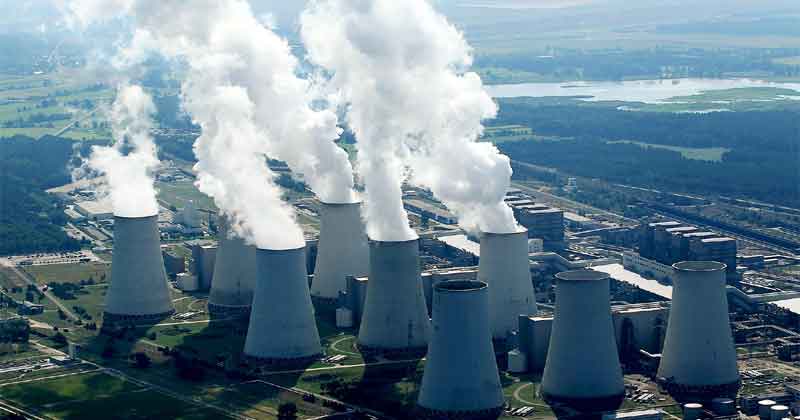Environmental physicians warn of more tropical diseases, TBE (Tick-borne encephalitis) cases, allergies, respiratory diseases, and heat deaths as a result of the biggest health challenges of our time. They are calling it the climate catastrophe.

The current increasingly extreme weather conditions lead to immense economic damage. Flood catastrophes, erosions, and storms, but above all heat, have a massive impact on the quality of life and the health of people.
The achievements – None So Far
The UN agreement for all countries to not let global warming increase beyond 1.5 °C, is off track by miles. Failure to achieve the 1.5 ° C target would result in hundreds of millions more being affected by deadly heat above 50 ° C.
According to World Bank forecasts, there could be more than 140 million climate refugees by 2050 if policies are not more resolute in tackling climate change.
Changes in temperature also affect therapies or drugs (antibiotic resistance is one of the contributing factors), causing sick leave to explode and presenting new challenges to medicine.
The elderly, who are less able to adapt to the changed conditions than the younger ones, are particularly burdened.
The Hidden Diseases

The scientists also fear that diseases that have been buried for thousands of years under the ice might reappear and cause a global catastrophe if the ice keeps melting at this pace.
Another theory has already suggested that humans were able to evolve because these microbes or diseases went under the ice during the ice age. In case, these diseases are brought to life again today, we have seen enough movies and documentaries to know what might happen.
More “hot air”
The experts confirm that in the future the effects of climate change could lead to even more hotter days, a tenfold increase by the year 2100 is forecast. Accordingly, the number of heat deaths will increase significantly.
Not to mention the increase in allergies and respiratory diseases due to increased pollen and air pollutants and an increase in infections due to the spread of pathogens to the north.
What is required is rapid political action, such as increasing the price of climate-damaging products and services, the introduction of CO2 penalties and strict action against individuals and companies who are responsible for the environmental damage.

This action has already proven itself in other countries and would generally act as health-promoting measures.
Also Read: Can E-vehicle Help Avert Climate Change?
Bear responsibility
Climate change is one of the greatest challenges we are facing in our time. Therefore, it is particularly important in our role as a member of the new global society to address this issue, take responsibility and raise awareness about this global problem.


